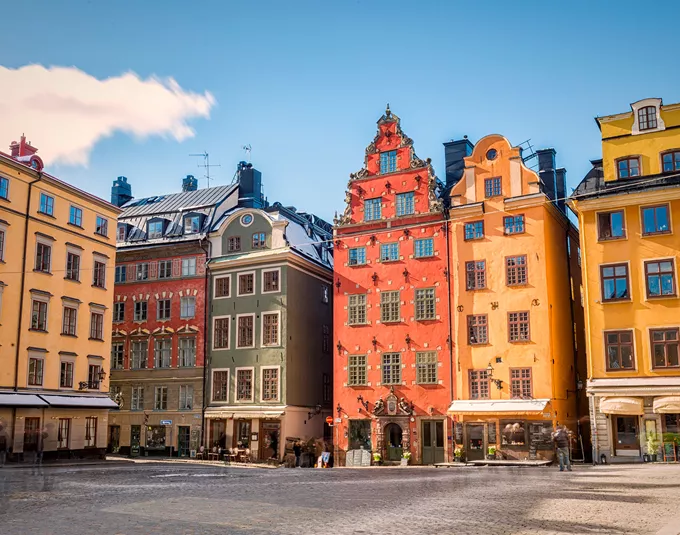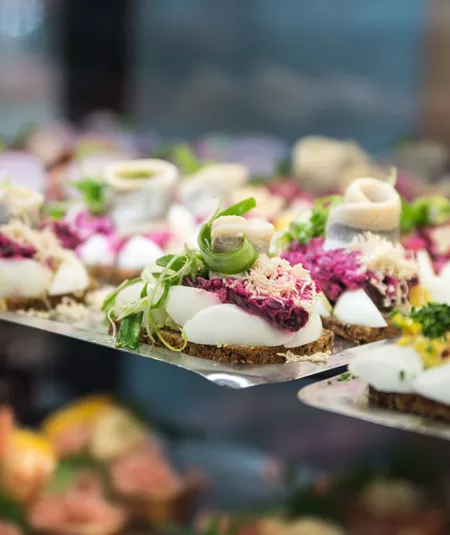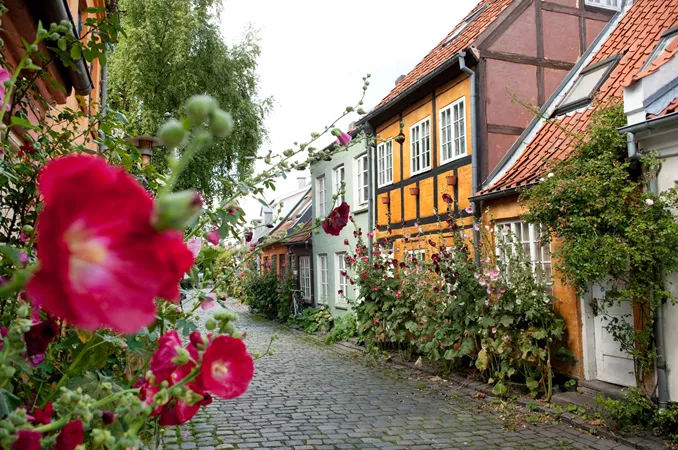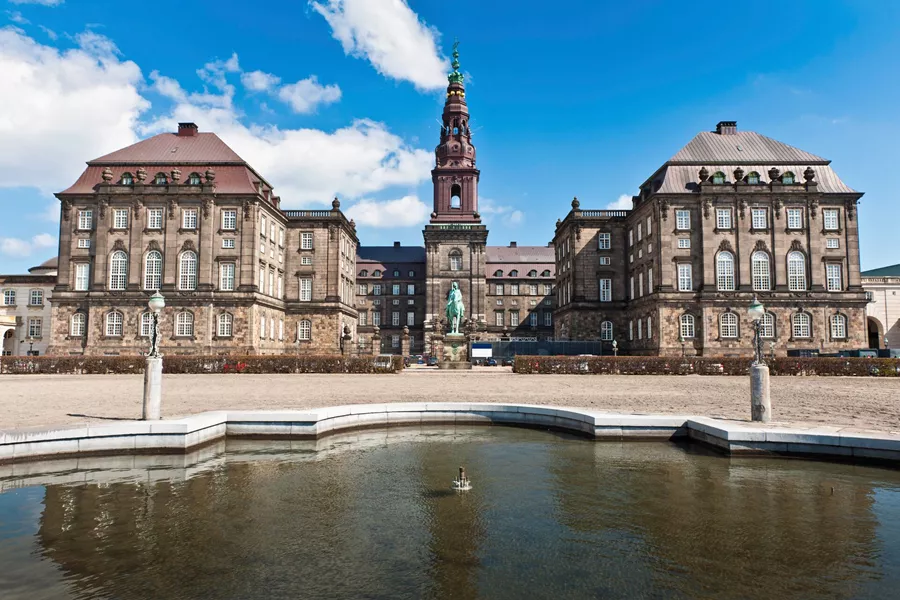Copenhagen blends royal history with modern design. Explore the renowned pedestrian street Strøget, catch a glimpse of Christiansborg Palace, and the present-day royal residence at Amalienborg.
© Adventure World 2024. All Rights Reserved.
MAKE TRAVEL MATTER® is a trademark of The TreadRight Foundation, registered in the U.S. and other countries and regions, and is being used under license.


